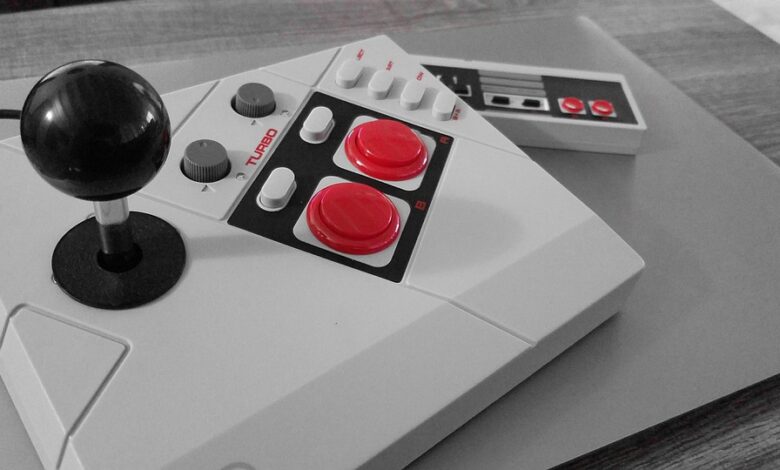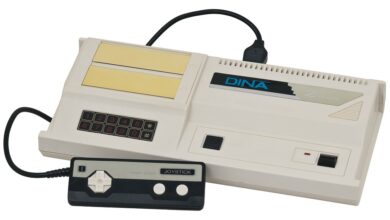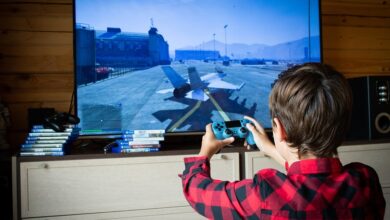The Benefits of Video Games for Visual-Spatial Skills

Visual-spatial skills refer to the ability to understand and interpret visual information in order to navigate and interact with the environment. These skills are essential for tasks such as reading maps, assembling furniture, and even playing sports. Video games offer a unique platform for honing these skills, as players are frequently required to use visual information to solve puzzles, navigate virtual worlds, and make split-second decisions.
One of the primary benefits of playing video games for visual-spatial skills is the improvement of hand-eye coordination. Many video games require players to quickly react to visual stimuli on screen, such as dodging obstacles, aiming at targets, or timing jumps. By repeatedly practicing these actions, players can develop faster reflexes and more precise hand movements, which can translate to improved coordination in real-world activities.
In addition to hand-eye coordination, video games can also improve spatial awareness and mental rotation skills. Spatial awareness involves understanding the relationship between objects in space, while mental rotation is the ability to mentally manipulate and rotate objects. Many video games, particularly puzzle and platform games, require players to navigate complex environments, solve spatial puzzles, and manipulate objects in order to progress. By engaging in these types of gameplay, players can strengthen their spatial reasoning abilities and enhance their overall understanding of space and geometry.
Furthermore, playing video games can also enhance visual perception and memory skills. Many games feature visually stimulating graphics and environments that require players to pay close attention to details in order to succeed. By actively engaging with these visual elements, players can improve their ability to quickly process and remember visual information, which can be beneficial for tasks such as memorizing patterns, recognizing shapes, and recalling spatial layouts.
Overall, the benefits of playing video games for visual-spatial skills are numerous and significant. By engaging in gameplay that challenges and stimulates visual processing, players can enhance their hand-eye coordination, spatial awareness, mental rotation abilities, visual perception, and memory skills. These skills are not only valuable for gaming, but also have practical applications in everyday activities and tasks. So the next time you pick up a controller, remember that you’re not just playing a game – you’re also training your brain and improving your visual-spatial skills.





